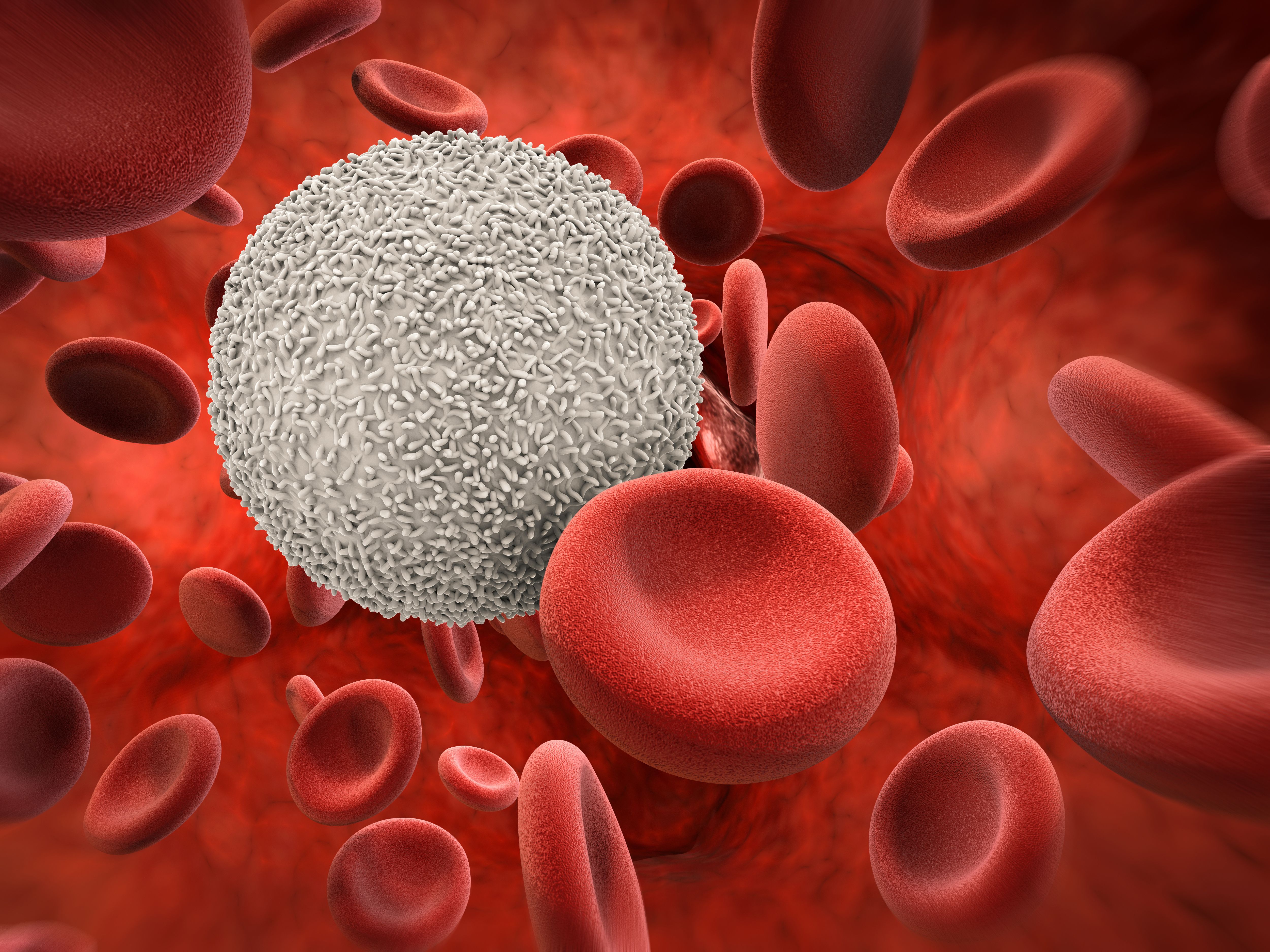University Hospitals Becomes First in Ohio to Offer 2 Types of CAR T-Cell Therapy
Two newly-approved CAR T-cell agents are now being used to treat patients with relapsed/refractory non-Hodgkin lymphoma and multiple myeloma at University Hospitals in Ohio.

University Hospitals (UH) now offers both idecabtagene vicleucel (Ide-Cel, Abecma) and lisocabtagene maraleucel (liso-cel; Breyanzi) for the treatment of non-Hodgkin diffuse large B-cell lymphoma and multiple myeloma respectively, becoming the first hospital in Ohio to offer 2 different chimeric antigen receptor (CAR) T-cell therapies, according to a press release by UH.1
Liso-cel was approved by the FDA for the treatment adult patients relapsed/refractory large B-cell lymphoma who have received at least 2 prior lines of systemic therapy in February 2021.2 Ide-cel was granted approval by the FDA for the treatment of adult patients relapsed/refractory multiple myeloma after 4 or more prior therapies, including an immunomodulatory drug, a proteasome inhibitor, and an anti-CD38 antibody in March 2021.3
The approval of liso-cel for the non-Hodgkin lymphoma indication was based on the findings from the phase 1 TRANSCEND NHL 001 study (NCT02631044), which had an overall response rate (ORR) of 73% and a complete response (CR) rate of 53%. The non-randomized study has an estimated enrollment of 314 participants. The study met its co-primary end points of treatment-related adverse events (AEs), the dose-limiting toxicities (DLTs) of liso-cel, and ORR. The study also met it’s secondary endpoints of CR, duration of response (DoR), progression-free survival (PFS), overall survival (OS), and health related quality of life.2
The median DoR was not reached in the overall population. However, at 6 months, it was 60.4% (95% CI, 52.6-67.3) and 54.7% at 12 months (95% CI, 46.7-62.0).The median PFS was 6.8 months. At 6-months, the PFS was 51.4% (95% CI, 44.6-57.7) and 44.1% at 12 months (95% CI, 37.3-50.7). The median OS was 21.1 months (95% CI, 13.3-NR).
According to a safety analysis, 79% of patients experienced grade 3 or higher treatment-emergent AEs (TRAE). The most common was neutropenia, which occurred in 60% of patients, anemia in 37% of patients, thrombocytopenia in 27% of patients. In total, 7 patients died with TEAEs. Cytokine release syndrome (CRS) observed in 42% of patients in any grade.
The approval for ide-cel for the multiple myeloma indication was based on results from the phase 2 KarMMa trial, which had an ORR was 72% and a stringent CR rate of 28% (95% CI, 19%-38%). The primary outcome as ORR. Secondary end points were CR, time to response (TTR), DOR, and PFS.3
The median time to response was 30 days, the median DOR was 11 months. Patients who achieved a stringent CR rate, the median DOR was 19 months and remission for this group lasted longer than 12 months in 65% of patients. The median PFS was 8.8 months. For patients with a CR or better, the median PFS was 20.2 moths (95% CI, 12.3-NE).
There as a low incidence of CRS in patients. Any-grade CRS was observed in 85% of patients. Grade >3 CRS occurred in 9% of participants and grade 5 occurred in 0.8% of patents. The median time to CRS was 1 day. Neurotoxicity occurred in 28% of patients.
"Providing these latest CAR T-cell therapies to our patients is just another way UH Seidman Cancer Center is leading the way in immunotherapy," said Ted Teknos, MD, president and chief scientific director of UH Seidman, in a press release.1 "Last fall, the Wesley Center for Immunotherapy at UH Seidman was named in honor of Kimberly and Joseph Wesley. The Wesley Family donated $10 million to support groundbreaking research to bring new, life-extending immunotherapy treatments to patients. The research and clinical trials performed in the Wesley Center for Immunotherapy pave the way for new CAR T-cell therapies like Abecma and Breyanzi to become FDA approved and the standard of care as a treatment option for patients with cancer."
REFERENCE:
1. University Hospitals first in Ohio to treat patients with two FDA approved CAR T cancer therapies. News release. May 6, 2021. Accessed May 11, 2021. https://bit.ly/3y3397t.
2. Bristol Myers Squibb provides update on biologics license application (BLA) for lisocabtagene maraleucel (liso-cel). News Release. Bristol Myers Squibb. May 6, 2020. Accessed May 11, 2021. https://bit.ly/2YFWAs8
3. U.S. Food and Drug Administration Approves Bristol Myers Squibb’s and bluebird bio’s Abecma (idecabtagene vicleucel), the First Anti-BCMA CAR T Cell Therapy for Relapsed or Refractory Multiple Myeloma. News release. Bristol Myers Squibb. March 26, 2021. Accessed May 11, 2021. https://bit.ly/3m0V915